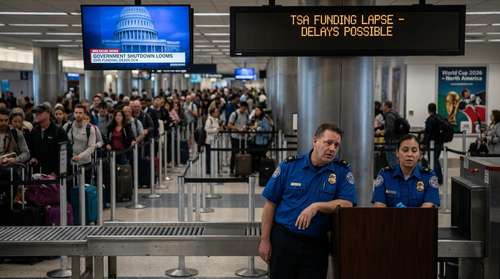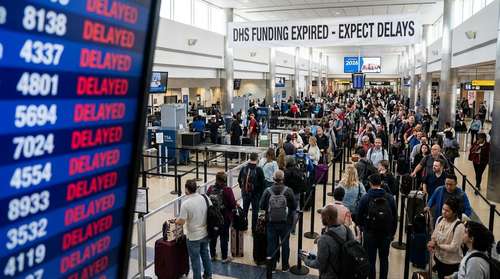Travelling is certainly fun. Regardless of all the wanderlust, however, whenever you start planning your next adventure, you should stay informed about global travel conditions. Indeed, the world is full of incredible destinations, but some places are best left off your 2024 itinerary.
Come, let's explore together the countries to avoid as a traveler in 2024, based on the latest tourists traveling advisory list 2024.
Conflict Zones and Areas with Political Unrest
The geopolitical landscape continues to shift, making some previously popular destinations no-go areas for the foreseeable future. Ukraine, unfortunately, remains on the list of countries to avoid. The ongoing conflict with Russia has created a volatile situation, particularly in the eastern regions. Similarly, Syria, Iraq, and Afghanistan continue to be high-risk areas due to ongoing conflicts and security concerns.
Similarly, in the Middle East, tensions have escalated in Israel and the Palestinian territories. The Foreign, Commonwealth & Development Office (FCDO) advises against all travel to Gaza and parts of the West Bank. Even Lebanon has been added to the "do not travel" list due to the spillover effects of regional conflicts.
It's a similar story in Libya and Yemen, as the countries continue to face internal strife. These countries are grappling with humanitarian crises, political instability, and the presence of various armed groups, making them unsafe for tourists.
Natural Disasters and Environmental Concerns
Mother Nature can be unpredictable, and some destinations are currently facing significant environmental challenges. Beloved Iceland, typically a bucket-list destination, has seen increased volcanic activity in the Reykjanes Peninsula. While the country generally remains open to visitors, note that areas near the Sundhnúkur Crater Chain are off-limits due to the risk of eruptions.
Climate change is also reshaping travel advisories. Countries like Chad, Niger, and Mali are facing extreme weather conditions that can pose risks to travelers. These nations, along with others in the Sahel region, are experiencing rapid environmental changes that impact infrastructure and local communities.
Overtourism and Conservation Efforts
Yes, overtourism is a real word. Sometimes, popular destinations need a break from the constant influx of visitors. Indeed, you want to feed your eyes—but hear us out.
In the United States, certain trails in national parks are temporarily closed for maintenance and conservation. The Laurel Falls Trail in Great Smoky Mountains National Park, for instance, is undergoing extensive improvements and may be closed for over a year.
In Wales, the Revolution Bike Park in Llangynog is closed indefinitely due to a devastating tree disease. A reminder: our travel choices can actually have long-lasting impacts on local ecosystems.
Health and Safety Concerns
Some countries pose higher medical risks than others. For instance, North Korea (already difficult to visit, anyway) is noted for its limited medical facilities and restricted access to healthcare for foreigners. Similarly, countries like South Sudan, Somalia, and the Central African Republic have limited medical infrastructure, making them risky destinations for travelers in 2024.
Ending Notes
You should note that travel advisories can change rapidly. As such, always check the most up-to-date information from reliable sources before planning your trip. Remember, being a responsible traveler sometimes means knowing when to postpone your visit to certain destinations.
As you plan your 2024 adventures, prioritize your safety and the well-being of the destinations you wish to visit. By making informed decisions about where to travel, you're not just protecting yourself—you're also contributing to responsible and sustainable tourism practices worldwide.




